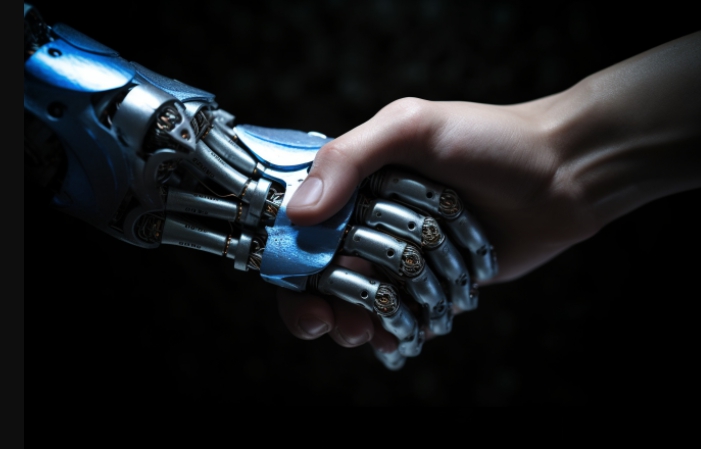In order to improve the user experience of the Gemini chatbot, Google cooperated with the Associated Press to develop a real-time information streaming function. This move aims to provide users with more timely and accurate information and enhance the search experience. This cooperation is not an isolated case. Many artificial intelligence companies are actively cooperating with news organizations to improve the accuracy of AI technology and avoid copyright risks. This article will delve into the details of Google’s cooperation with the Associated Press, as well as the current status and challenges of cooperation between artificial intelligence companies and news organizations.
Google recently announced that it will cooperate with the Associated Press to build a "real-time information flow" for its Gemini chatbot application. Jafar Zaidi, Google's vice president of global news cooperation, said that the goal of this cooperation is to further enhance the search experience of Gemini users so that users can obtain more timely information.

Picture source note: The picture is generated by AI, and the picture authorization service provider Midjourney
Zaidi mentioned in a blog post that Google is developing new artificial intelligence products, with a special focus on the types of information that can improve its products and services. He said the new information stream would be particularly helpful for users seeking the latest information. Currently, Zaidi has not revealed when this new feature will be launched in Gemini, nor whether this feature will be displayed to users in all regions where the Gemini app is available.
The partnership between Google and AP is not an isolated phenomenon. In recent years, many artificial intelligence companies have sought cooperation with news organizations to improve the accuracy of their AI technology. For example, OpenAI has partnered with publishers including the Financial Times, Axel Springer, and News Corp. (owner of the Wall Street Journal). Additionally, AI search engine Perplexity has launched a program that allows publishers to earn additional revenue when their content is cited.
Many of these cooperation agreements involve training components. Publishers like Condé Nast have agreed to let AI companies with whom they have licensing agreements train AI models on their archives. While the AI industry views these collaborative arrangements as support for journalism, in reality they are also designed to protect AI companies from accusations of copyright infringement.
However, despite the existence of numerous cooperation agreements, in some cases these agreements have not significantly improved the quality of AI companies’ products. A recent study by Columbia University's Center for Digital Journalism showed that OpenAI's chatbot ChatGPT even misquoted publishers it had agreements with when citing content.
Highlight:
Google, in partnership with the Associated Press, plans to introduce real-time information flow to the Gemini chatbot to improve user experience.
The cooperation aims to help users obtain more timely information, but the specific launch time has not yet been announced.
Similar collaborations are common in the AI industry and aim to improve technical accuracy while protecting companies from copyright issues.
All in all, Google’s partnership with the Associated Press reflects the growing relationship between the artificial intelligence industry and the news media, and also highlights the challenges of balancing commercial interests with issues such as information accuracy and copyright protection while pursuing technological advancement. . In the future, similar cooperation models will continue to develop and have a profound impact on artificial intelligence technology and news dissemination.